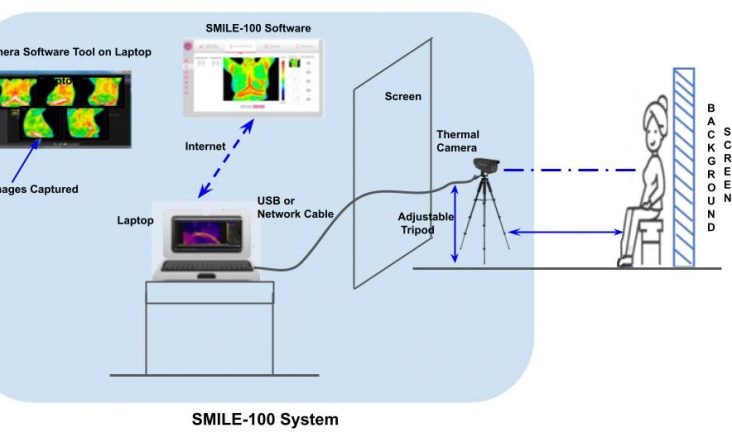From Diagnosis to Prevention: FemTech's Role in Advancing Women's Health
It is estimated that 49.58% of the Earth's population consists of women, yet they are still consistently dismissed for their health issues. Imagine visiting the doctor, awaiting a prognosis only for your problems to be minimized as 'just a figment of your imagination.' Instead of gaining a sense of understanding and relief, women are seen as hysterical, with questions about their health concerns still looming in their minds.
This is the reality for most women. Research claims that women have to push harder and longer to receive proper medical guidance. Health technology is one of the 20 Greatest Engineering Achievements of the 20th Century; however, gender disparity is still present, and the health industry still disproportionately favors white cisgender men. FemTech aims to revolutionize women's healthcare experience, providing solutions for a plethora of different female-specific troubles, such as maternal health, menstrual health, pelvic and sexual health, fertility, menopause, and contraception. Furthermore, it addresses conditions that manifest differently in women, like osteoporosis or cardiovascular disease.
One trailblazer in this sector is Niramai, a company founded by Geetha Manjunath, who has led the company to develop a breakthrough AI solution for detecting early-stage breast cancer. Dr. Geetha was prompted to start because she discovered that in India, 90,000 lives were taken by breast cancer, even though it is a curable disease in its early stages. Seeing women with breast cancer slip through the cracks of the healthcare system and only receive their diagnosis in the advanced stages of breast cancer, such as her cousin, urged her to create Thermalytix, the core of Niramai. This side-project slowly blossomed into Niramai, and Thermalytix became a full-fledged technology that employs a computer-aided diagnostic engine powered by artificial intelligence. The solution uses a high-resolution thermal sensing device and a cloud-hosted analytics solution to analyze thermal images and provide accurate and non-invasive breast cancer prognosis.
Credit : Niramai Website
Another untapped field in women's health is comfortable and sustainable menstrual products. It started when the menstrual cup was gaining traction, but Ira could hear echoes of the same complaints: "The menstrual cup is difficult to remove" and "It results in leakage" over and over. Thus, the idea of conceiving a cutting-edge menstrual cup took root in her mind. This idea flourished to become the Asan (as in easy) cup. Her idea took two scrupulous years of research and development. She received vital help from Daniela Teran, an Ecuadorian engineer, and other engineers at the Harvard Innovation Lab. What makes the Asan cup the "magical cup," as referred to by the women in Karnataka, is a mix of modern ingenuity and engineering. Its bell-shaped design creates a strong seal, and the air holes create suction, which holds the cup in place to impede leaks. The flexible seal is helpful for removal and insertion, while the grip rings can break suction easily by squeezing. Most of all, the removal ring is a total game-changer as it makes removal incredibly easy. Furthermore, medical-grade silicone is used, contrary to most companies that use latex, plastic, rubber, or substandard silicone. The cups don't discolour, leak, or stain!
By the time you have read the end of this article, one woman would have passed away from heart disease. The CEO of Bloomer Technology, Alicia Chong, desired to start cardiovascular research, which also stems from her own experiences of losing her grandmother to a fatal heart attack. Heart disease and stroke are the primary sources of mortality and incapacity globally. Physicians find it more challenging to identify, diagnose, and treat women with these conditions due to differences in symptoms and the underrepresentation of women in clinical trials. This conventional one-size-fits-all approach in medical devices fails to take into account the fact that symptoms of stroke and heart disease can differ in women. Bloomer Technology has come up with an innovative solution—an augmented bra that continuously collects physiological data through the use of medical-grade textile sensors, which can be incorporated into different bra styles and sizes. This data can track heart rhythm, breathing, temperature, posture, and movement. With the help of algorithms, it can also detect symptoms, identify triggers for arrhythmia, and create personalized digital biomarkers. This comprehensive data will provide a deeper understanding of women's health, enabling faster and more personalized care.
FemTech is an untapped sector in health technology and deserves to be well-funded and in the spotlight. It has the potential to close the gender gap and bring women's healthcare into the 21st century.
